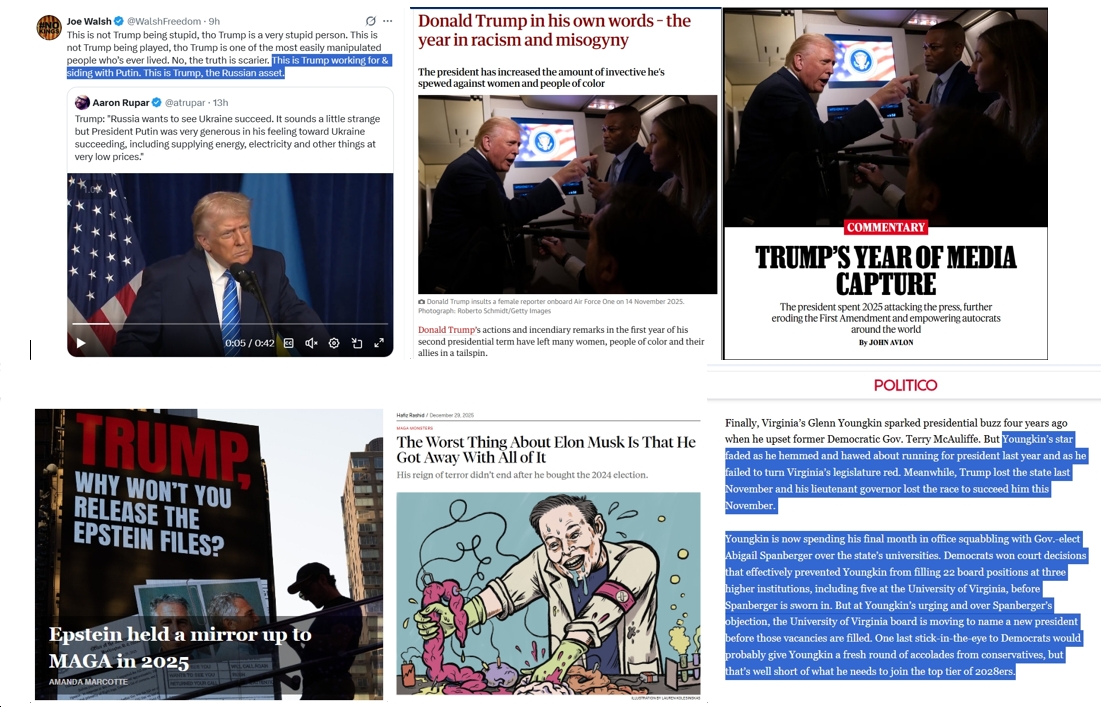In this video, Jim Webb talks about what he sees as “the need to reinvigorate U.S. relations with ASEAN countries and other allies in the region to maintain balance and stability” vis-a-vis China. According to Webb, the “second-tier countries” in the Asia-Pacific region see “any failure by the United States to take firm action when the Chinese manifest aggressive behavior is viewed in this region as a sign of a permeating weakness in the United States.” In Webb’s view, we need to “stay with our friends” and let China know that “the wrong type of behavior is not going to be rewarded with a weak form of behavior by the United States.”
In my view, that’s fine as far as it goes; there’s nothing wrong with strengthening relations with our allies in the region, and there’s nothing wrong with being strong in our response to outright aggressive behavior by China. However, I believe that Webb largely misses the larger point, of what Anne Applebaum correctly describes as “China’s quiet power grab”. For more on that, see after the “fold.”
Writing the Washington Post yesterday, Applebaum made a few important points.
*”Over the past decade, China has kept silent, lain low and behaved more like a multinational company than a global superpower — and garnered enormous political influence as a result.”
*”America fights, in other words, while China does business, and not only in Afghanistan.”
*Chinese is busy setting up free-trade zones, “investing heavily in energy and ports,” acquiring large stakes in Iraqi oil fields, and generally spreading its economic influence around the world.
*China also has “quietly…cornered the market in rare-earth metals, unusual minerals that have lovely names (promethium, ytterbium) and are vital for the production of cellphones, lasers and computers — not to mention hybrid cars, solar panels and wind turbines.”
All of this is why, according to Applebaum, China has no real need to be belligerent or aggressive militarily, as it’s winning the broader game in a much quieter fashion. Thus, Applebaum concludes, “the scariest thing about China is not the size of its navy or the arrogance of its diplomats…[but] the power China has already accumulated without ever deploying its military or its diplomats at all.” Meanwhile, as China rises as a great power, the United States remains overextended militarily around the world, while burdened by debt, rapidly rising health care costs, an aging infrastructure, heavy dependence on foreign oil, and many other problems at home. This is the classic recipe for relative decline in national power, and right now we’re following that recipe to the letter. In the end, I’d argue, until we figure out a way to get our domestic house in order, while reining in our “imperial overstretch,” all the rest of our maneuvers will be for naught.



![Sunday News: “Trump Is Briefed on Options for Striking Iran as Protests Continue”; “Trump and Vance Are Fanning the Flames. Again”; “Shooting death of [Renee Good] matters to all of us”; “Fascism or freedom? The choice is yours”](https://bluevirginia.us/wp-content/uploads/2026/01/montage011126.jpg)

![Thursday News: “Europe draws red line on Greenland after a year of trying to pacify Trump”; “ICE Agent Kills Woman, DHS Tells Obvious, Insane Lies About It”; “Trump’s DOJ sued Virginia. Our attorney general surrendered”; “Political domino effect hits Alexandria as Sen. Ebbin [to resign] to join Spanberger administration”](https://bluevirginia.us/wp-content/uploads/2026/01/montage010826.jpg)












